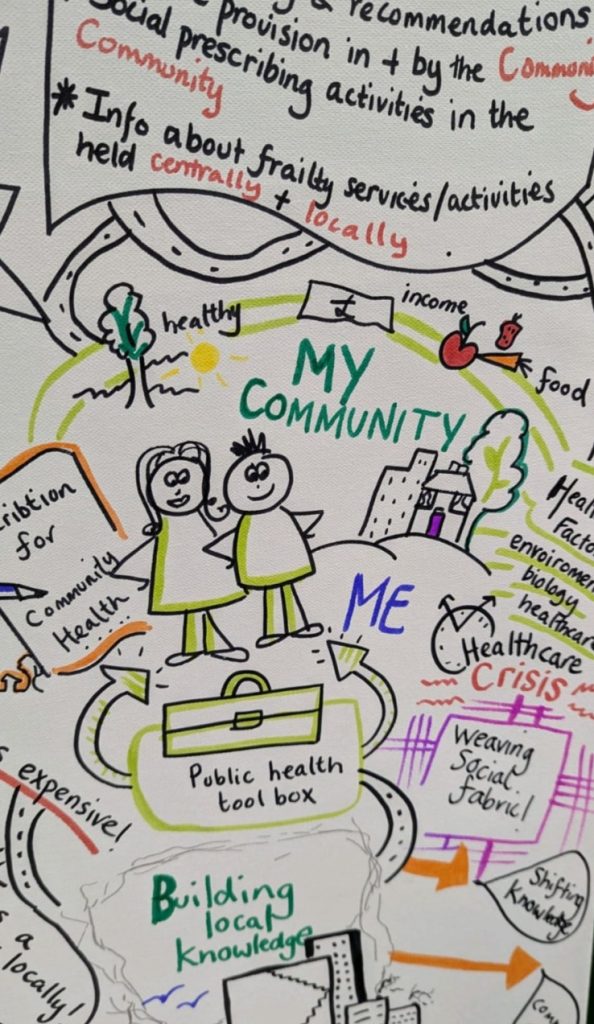Sheffield Hallam University has been awarded £10 million to lead an ambitious new project bringing together partners from across society to build stronger, more resilient communities.
The Centre for Collaboration in Community Connectedness (C4) will bring together partners from research, community, policy and civil society to develop and scale up successful community leadership approaches.
Led by Professor Sarah Pearson and Professor Peter Wells from Sheffield Hallam University, the Centre will find and share the most effective community action strategies, providing invaluable insights for both local and national policymaking, to help create equal opportunities wherever people live.
Funded by UK Research and Innovation (UKRI) as part of its work to create opportunities and improve outcomes, the Centre will examine the diverse landscape of community activities, analysing what works, and what doesn’t. The goal is to establish robust evidence and infrastructure, enabling successful approaches to be scaled up and replicated.
The Centre’s research will focus on key areas including:
- Community: where people live and their connections with their neighbours
- Relationships: identifying which social interactions are most meaningful in tackling poverty, isolation and mental health
- Social Capital: looking at the benefits derived from networks and relationships
We are pleased to be one of the regional partners on this ambitious project, which is led by Sheffield Hallam University, Other regional and national partners are: Clackmannanshire Third Sector Interface, Local Trust, London Metropolitan University, Queen’s University Belfast, The Brixton Project, University of Stirling, Black Mountains College and The Young Foundation.

This project builds on the success of the innovative pilot project that we co-designed with researchers from the Centre for Regional Economic and Social Research and the Advanced Wellbeing Research Centre. Fifteen local people were trained to become community researchers, learning qualitative research skills, and this enabled them to carry out research in their own community about frailty and social prescribing.
Sarah Pearson, Professor of Social Research in the Centre for Regional Economic and Social Research at Sheffield Hallam University, said: ” Connected communities are defined as those with high levels of social bonds and cohesion, where people have good relationships, a sense of pride and belonging, and the ability to cooperate within and between places to address challenges and seize opportunities.
“The Centre represents a unique opportunity to bridge the gap between academic research and community action. By working closely with communities and decision-makers, we aim to create a more connected and resilient society.”
Louise Ryan, Senior Professor of Sociology and Director of the Global Diversities and Inequalities Research Centre at London Metropolitan University, said: “I am excited to be part of this immensely ambitious initiative. My research in London, over many decades, highlights the importance of social connections and relationality across diverse residents and neighbourhoods. Collaborating with colleagues across different geographical sites in the UK offers valuable opportunities for new insights to inform policies.”
This centre is supported by UKRI through its creating opportunities, improving outcomes theme, one of five UKRI-wide initiatives aiming to harness the full power of the UK’s research and innovation system to tackle large-scale, complex challenges. Through a five-year strategy, ‘Transforming Tomorrow Together’, UKRI aims to harness the full power of the UK’s research and innovation system to tackle large-scale, complex challenges. To do this, UKRI is investing £185 million in five strategic themes which will continue tackling existential threats to humanity by encouraging new ways of working across disciplines.
